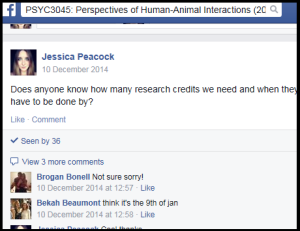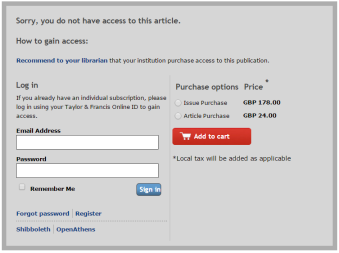
From Zero to Hero: Living and Working on the Web
On commencing the module Living and Working on the Web, I had never written a public blog before, but now, 15 weeks down the line, I have a fully functioning, Google-able blog, in which I have been able to consider and discuss a range of subjects.
Following one of my most successful blog posts, “Have you heard of me, and if not why not?”, I decided to use the same format to present my discoveries and hopes for the future.
Continue reading →










